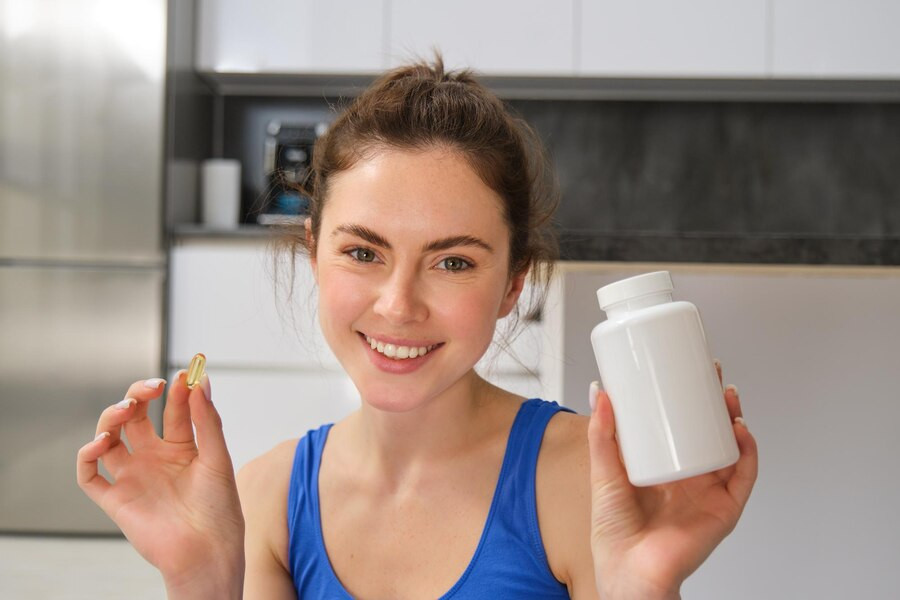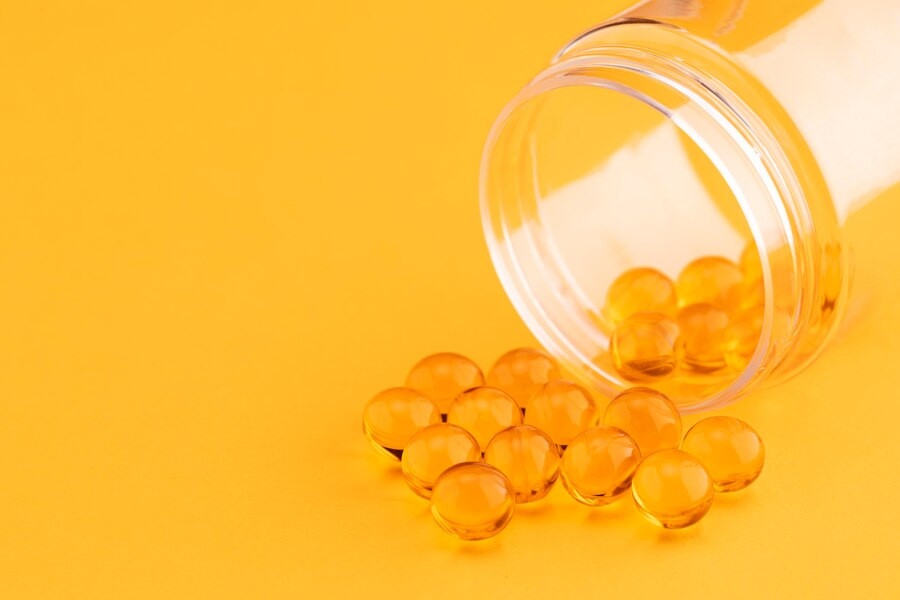Konsumsi makanan yang kaya akan nutrisi adalah kunci utama untuk memenuhi kebutuhan nutrisi harian dan menjaga sistem kekebalan tubuh yang optimal. Namun, pada kondisi tertentu seperti saat melakukan perjalanan mudik, Anda mungkin membutuhkan tambahan suplemen untuk membantu mendukung sistem kekebalan tubuh di mana Anda lebih rentan terhadap paparan infeksi.
Suplemen yang Dibutuhkan Tubuh saat Mudik
Saat melakukan perjalanan jarak jauh, terutama menggunakan transportasi umum, dapat meningkatkan risiko penyakit menular seperti flu, pilek, infeksi saluran pernapasan lainnya, infeksi saluran pencernaan, atau penyakit endemik seperti malaria dan demam berdarah. Untuk mengurangi risiko infeksi saat mudik, Anda mungkin membutuhkan tambahan suplemen untuk memperkuat sistem kekebalan tubuh.
Berikut adalah beberapa suplemen yang disarankan:
Vitamin C
Vitamin C dikenal memiliki peran penting dalam menjaga kesehatan sistem kekebalan tubuh. Kandungan antioksidan yang kuat dapat membantu melawan radikal bebas dan memperkuat sistem kekebalan tubuh dalam melawan infeksi.
Makanan kaya akan vitamin C seperti jeruk, stroberi, paprika merah, kiwi dan sayuran hijau dapat membantu kebutuhan harian akan vitamin C. Selain itu, mengonsumsi suplemen vitamin C dapat menjadi pilihan tambahan untuk meningkatkan asupan vitamin C Anda.
Rekomendasi asupan harian untuk vitamin C bisa berbeda-beda, tergantung pada usia, jenis kelamin, kondisi khusus seperti kehamilan atau menyusui serta kebiasaan merokok. Untuk orang dewasa wanita berusia 19 tahun ke atas, yang tidak hamil dan menyusui membutuhkan sekitar 75 mg vitamin C per hari. Sedangkan pria dewasa berusia 19 tahun ke atas membutuhkan sekitar 90 mg vitamin C per hari. Apabila Anda memiliki kondisi khusus, Anda bisa berkonsultasi dengan dokter terkait dosis suplemen vitamin C yang aman dan tepat.
Baca Juga: Penyakit yang Paling Sering Dialami saat Mudik
Vitamin D
Vitamin D tidak hanya penting dalam menjaga kesehatan tulang, namun juga sistem kekebalan tubuh. Penelitian menunjukkan bahwa konsumsi vitamin D dapat mengurangi risiko infeksi musiman seperti influenza, pneumonia dan infeksi saluran pernapasan lainnya.
Orang dewasa termasuk wanita hamil atau menyusui disarankan mengonsumsi 600-800 IU vitamin D setiap hari. Sumber alami vitamin D yang bisa dikonsumsi setiap hari seperti ikan salmon, tuna, sardin, dan ikan berlemak lainnya; minyak ikan; hati sapi; kuning telur; dan makanan yang diperkaya vitamin D.
Baca Juga: Obat-Obatan yang Perlu Dibawa saat Mudik
Probiotik
Diare sering terjadi ketika Anda mengonsumsi makanan atau minuman yang terkontaminasi selama perjalanan mudik. Beberapa penelitian menunjukkan bahwa jenis probiotik tertentu seperti Bifidobacterium bifidum, Lactobacillus acidophilus, dan Saccharomyces boulardii, dapat membantu mengurangi risiko atau keparahan diare.
Perlu dicatat bahwa hasil penelitian ini tidak selalu konsisten. Reaksi tubuh terhadap probiotik pada setiap orang juga bisa berbeda-beda. Sehingga tetap penting untuk berkonsultasi dengan dokter saat Anda mengalami diare di perjalanan, khususnya bila disertai rasa sakit dan demam tinggi.
Selain mengonsumsi suplemen tambahan, Anda bisa mencegah infeksi penyakit selama perjalanan mudik dengan rajin mencuci tangan menggunakan sabun dan air bersih, mengikuti etika bersin dan batuk, serta berhati-hati dalam memilih makanan dan minuman.
Apabila selama mudik Anda merasakan gejala yang mencurigakan atau membuat tubuh tidak nyaman, Anda bisa memanfaatkan layanan konsultasi kesehatan dengan mengunduh aplikasi Ai Care melalui App Store atau Play Store.
Mau tahu informasi seputar nutrisi, makanan dan tips diet lainnya? Cek di sini, ya!
- dr. Monica Salim
CDC (2022). Your Survival Guide to Safe and Healthy Travel. Available from: https://wwwnc.cdc.gov/travel/page/survival-guide
Mayo Clinic (2023). Traveler's diarrhea. Available from: https://www.mayoclinic.org/diseases-conditions/travelers-diarrhea/symptoms-causes/syc-20352182
Medline Plus (2023). traveler's guide to avoiding infectious diseases. Available from: https://medlineplus.gov/ency/article/001925.htm
Laura Dorwart (2023). What to Know About Supplements. Available from: https://www.health.com/supplements-7775481
WHO (2020). Health risks when travelling. Available from: https://www.who.int/news-room/questions-and-answers/item/health-risks-when-traveling
Harvard TH Chan (2023). Vitamin C. Available from: https://www.hsph.harvard.edu/nutritionsource/vitamin-c/
National Institute of Health (2023). Dietary Supplements for Immune Function and Infectious Diseases. Available from: https://ods.od.nih.gov/factsheets/ImmuneFunction-HealthProfessional/
Peter Jaret (2024). Using Probiotics for Diarrhea. Available from: https://www.webmd.com/digestive-disorders/probiotics-diarrhea











